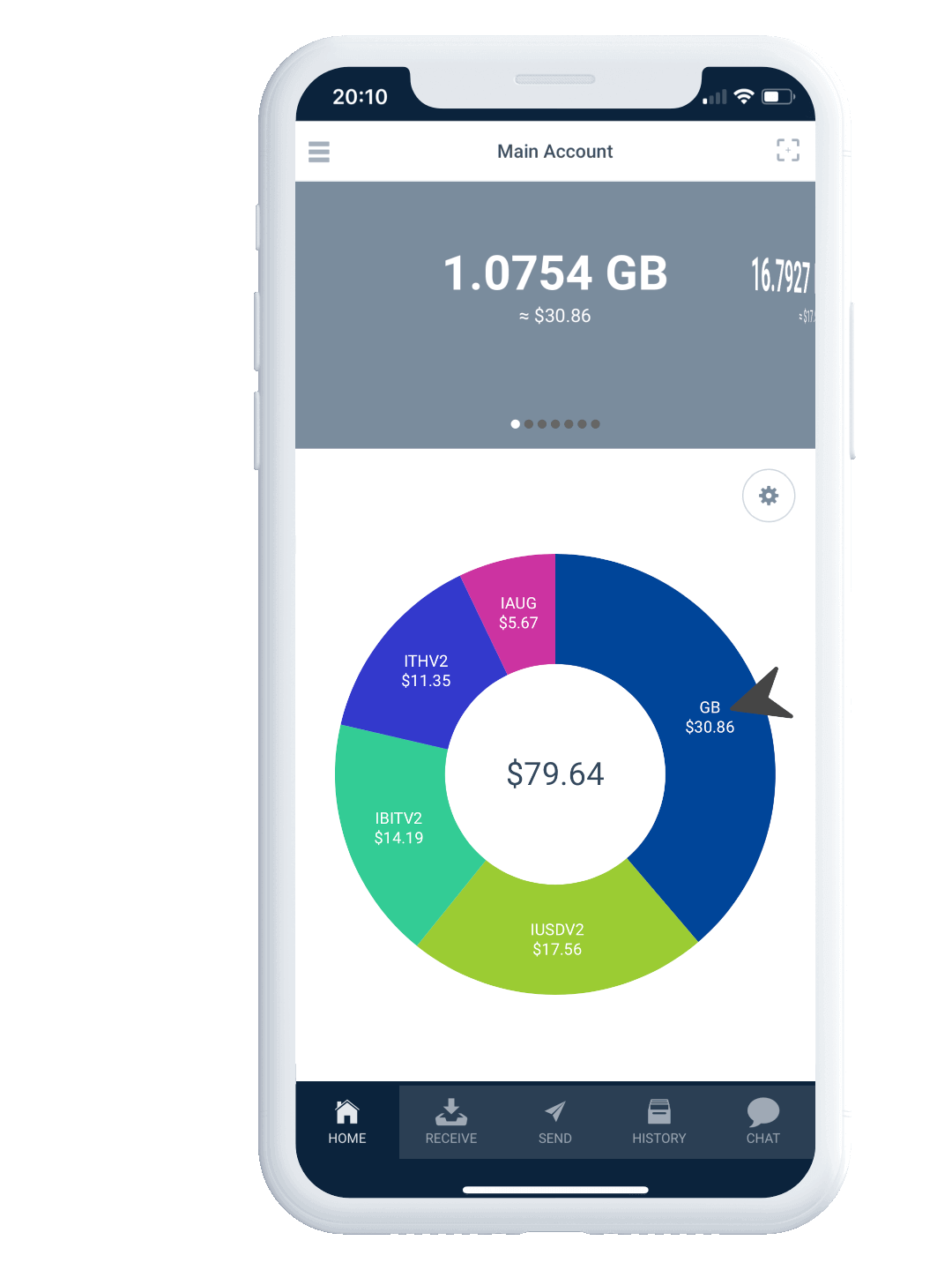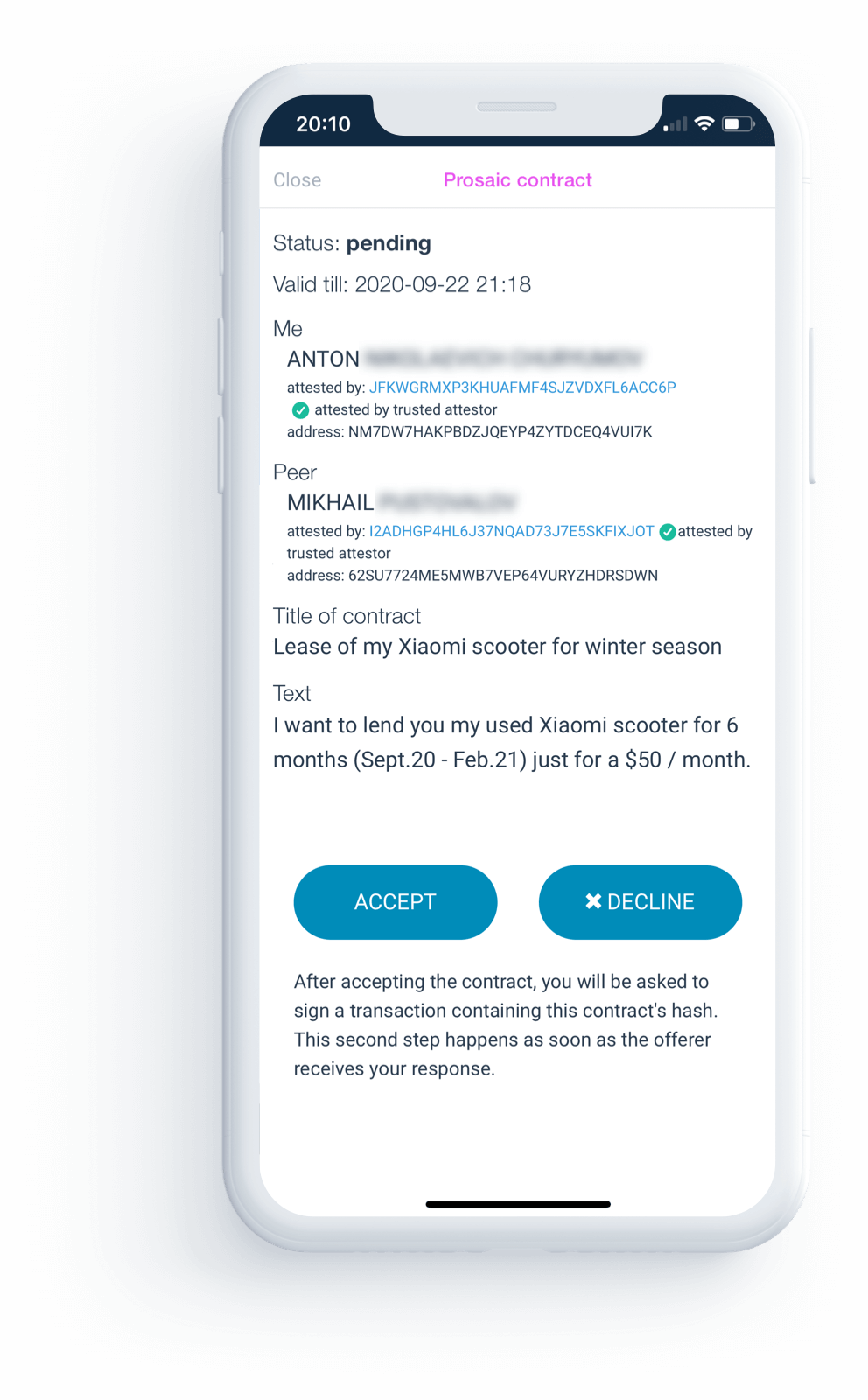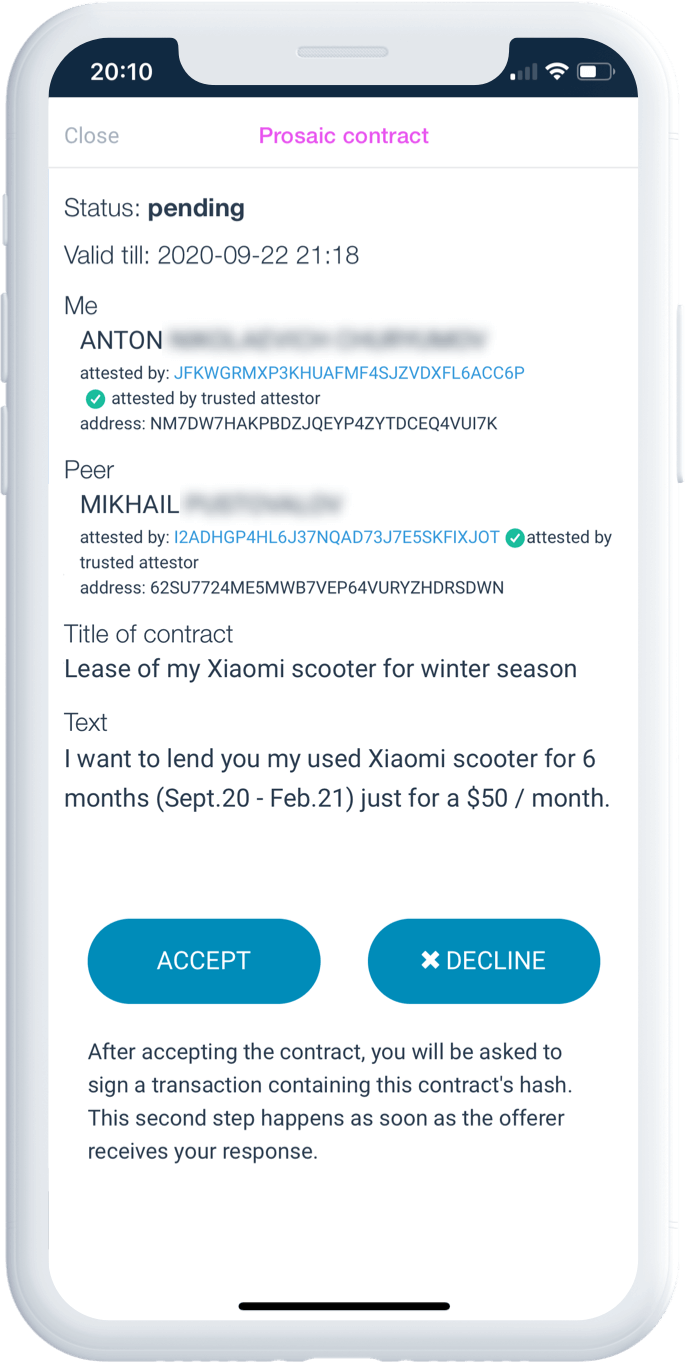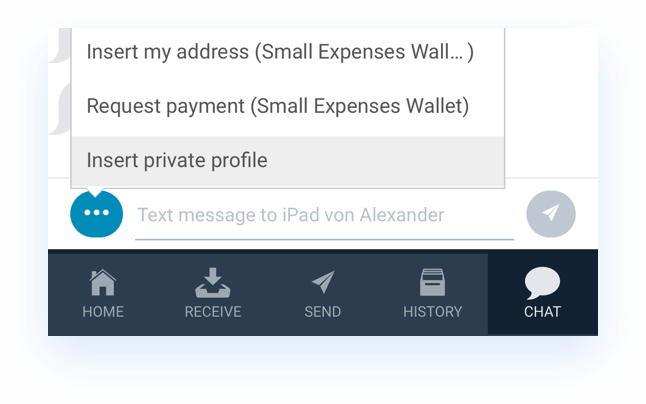Prosaic Contracts
Prosaic contracts are just regular contracts signed by two Obyte wallets.
They make it easy for one party to compose and offer a contract to the other party,
and for the other party to accept it in two clicks.
The two parties use chat in Obyte wallet to make offers, privately exchange the texts of the contracts,
and signal acceptance. The texts of the contracts are stored privately in the wallets of the parties,
while a hash of the contract signed by the two parties is stored on Obyte DAG. Should a dispute arise,
a thrird party (an arbitrator, mediator, judge) will be able to use this hash to verify that the contract
was really signed by the two parties and that it was not altered after signing.



